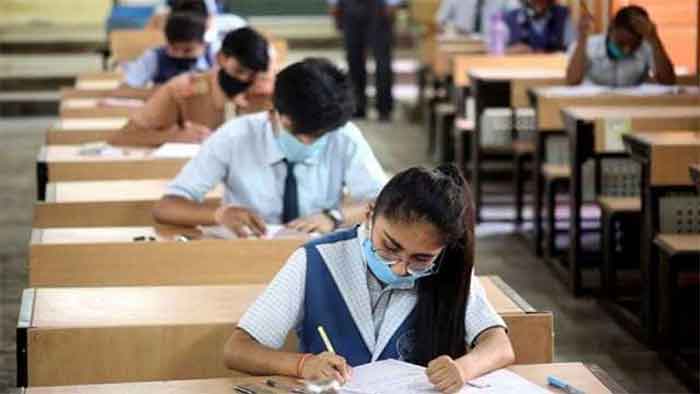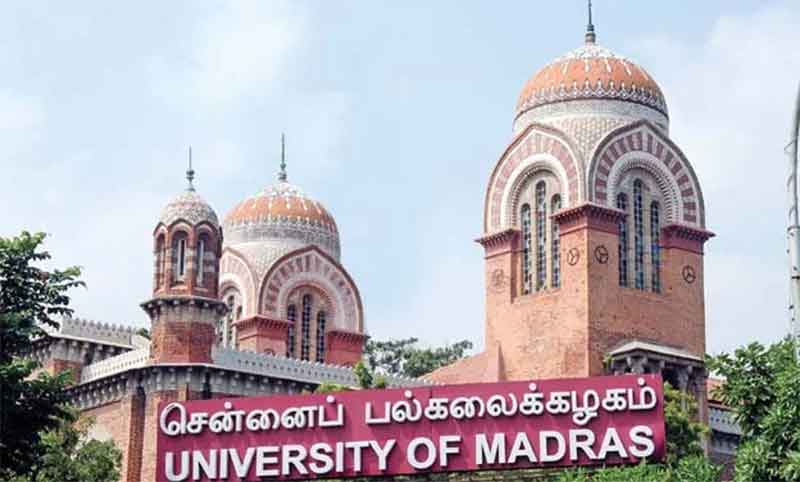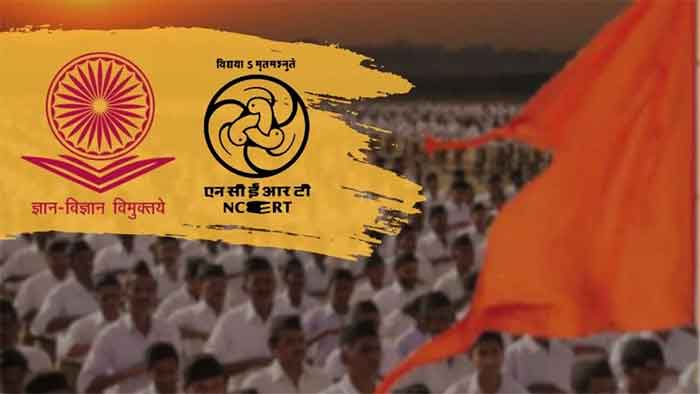
The results of Term 1 exam of class X have been declared. As a student myself, I can intensely feel how the educational atmosphere is laden with the brute bulkiness of marks-mania. Toppers have got 100% marks, and this has naturally created an ugly scenario where each student’s worth is measured vis-à-vis this standard. While schools are garlanding the toppers with highfalutin praises, parents are releasing their anxiousness about grades by garroting their children with the cord of perfectionism. No stone is being left unturned in stoking up great razzmatazz about the need to imitate the talented character of the high-scorers; no one is having any qualms about comparing and stigmatizing children.
What the brainwashed disciples of the Indian education system fail to tell is the fact that standardized tests like Board examinations are completely inadequate for judging a student’s intellectual abilities; they merely demonstrate the practically useless ability to take a test. Exams just mechanically measure our short-term memory and our capacity to regurgitate capsules of information in a given time. Khen Lampert rightly notes that “the trivial difference in speed of execution, by being so easy to identify, is used for the comparative differentiation (and even “diagnosis”) of children – while relying on a circular definition of a “skill” which, even if it exists, is utterly useless and meaningless outside of cardsharping, quiz shows, and sleight-of-hand magic. Thus, speed becomes a supreme definer of intelligence, while intelligence becomes a social hatchet for frustration and worthlessness, as well as a justification for them.”
The enchainment of India’s education system to the irrational paradigm of quick cramming fragments knowledge into simple, individually analyzable competencies. In the words of Avijit Pathak, everything is reduced to “a typical CBSE puzzle to be solved for securing good marks. It is essentially war. It is devoid of joy and humor, and creative play and aesthetic celebration.” The distortion of learning into this kind of war – characterized by the strategy of writing the “correct” answer, and reducing every subject into bullet points for passive consumption – inflicts enormous violence on students. This is because exams have a deep impact on students’ subjectivity, constructing an architecture of classifications and differentiations, which articulate the principle of meritocratic performance and link it to something deeper – ability.
Through exams, students come to measure themselves in quantitative terms: they feel themselves to be smart if they get a certain number on their tests, if they do certain tasks before others do them. These discursive operations result in a specific definition of “success”. First, it is linked to a logic which weaves a seamless connection between grades, evaluations, pay-cheques, and commodities. In other words, the search for material security becomes supreme. Young minds are forcefully blinkered by a possessive and narcissistic ideology, which insists on the primary importance of having a good career filled with wads of cash and glitzy objects. Jiddu Krishnamurti writes: “In seeking comfort, we generally find a quiet corner in life where there is a minimum of conflict, and then we are afraid to step out of that seclusion. This fear of life, this fear of struggle and of new experience, kills in us the spirit of adventure; our whole upbringing and education have made us afraid to be different from our neighbor, afraid to think contrary to the established pattern of society, falsely respectful of authority and tradition.”
Second, success – signified narrowly in terms of careerism – builds a social armature of competition that is diametrically opposed to solidarity and empathy. By making verdicts on individuals’ merits, “abilities”, “intelligence” etc., exams breed envy and animosity. Success becomes the “thrill of defeating others”. This is a direct effect of schools’ reduction of children to the status of objects to be assessed, and compared. Objectification and the standardization of educational experience according to a grading practice means that the existential vitality of learning – with its sense of experimental and exploratory newness – is sucked out. Lampert explains: “grading…means that the experience of achievement is abandoned to be replaced by the grade experience. But the achievement experience was meaning-filled and multidimensional, sensual and emotional, an energy source for self-image. In contrast, the…grade experience is flimsy and pale, serving a relative, dependent image.”
As is evident, exams are just rituals of power which discipline students, force-fit them into a brutalizing hierarchy of marks, promote competitiveness and thus, rob young people of the qualitative experiences associated with meaningful learning. The violence of memorization, mock tests, coaching centers and guide books needs to be replaced with an alternative educational arrangement that understands the significance of the following statement by Pathak: “If learning happens all the time, why should we be so neurotically obsessed with one examination?” Instead of holding a big exam at one time, we should evolve a dialogic environment where teachers are given the time and resources to understand their students. In that way, the monochromatic gaze of oppressive tests could be eliminated in favor of a holistic pedagogy which tracks students’ development through collective projects, discussions, teachers’ notes, etc. However, this liberatory future seems distant currently since the toppers – the shining face of India’s education system – are again failing to realize that they are participating in an exploitative and absurd rat-race wherein success is invariably based on someone else’s failure.
Yanis Iqbal is a student and writer based in Aligarh, India and can be contacted at [email protected].
















































